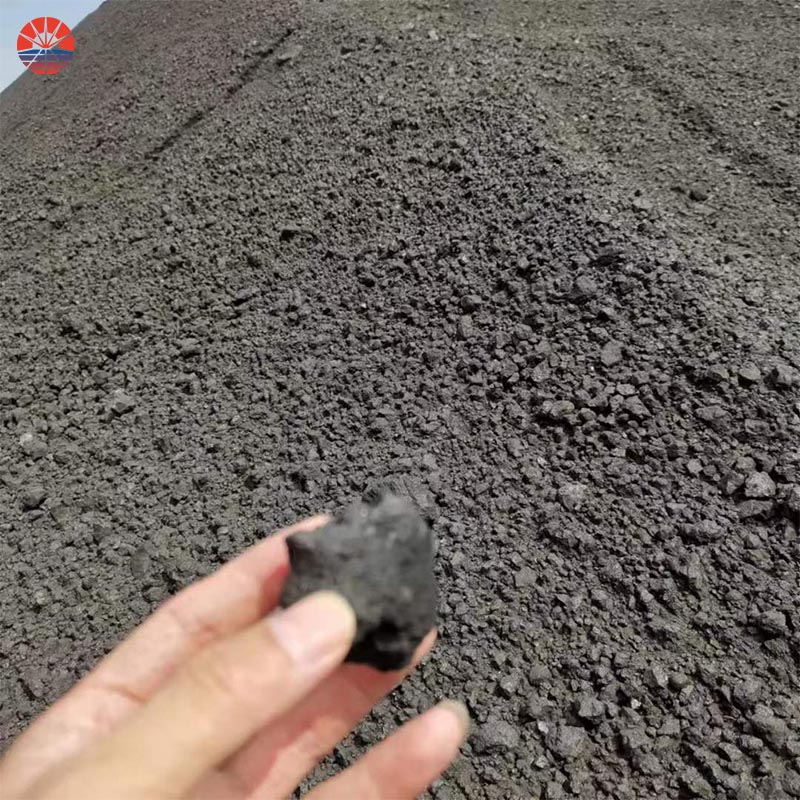Petroleum Coke Price Index
sing petroleum coke (petcoke) as a fuel in power plants offers several potential benefits, though it also comes with some challenges and environmental concerns. Here are some of the advantages of using petroleum coke in power generation:
High Calorific Value: Petroleum coke has a high calorific value, which means it provides a lot of heat energy when burned. This makes it an efficient fuel source for power generation, as it can produce a significant amount of electricity per unit of fuel.
Cost-Effective: Petcoke is often cheaper than other fossil fuels like coal or natural gas. Using petcoke as a fuel can, therefore, result in cost savings for power plant operators, especially in regions where petcoke is readily available.
Availability: As a byproduct of the oil refining process, petcoke is generally abundantly available in regions with significant oil refining capacity. This local availability can reduce transportation costs and enhance energy security.
Lower Sulfur Content: In comparison to coal, petroleum coke generally has a lower sulfur content. This can be beneficial for power plants in terms of reduced sulfur dioxide (SO2) emissions, which helps in meeting air quality regulations and mitigating acid rain.
The use of petroleum coke in power plants
The use of petroleum coke (petcoke) in power plants has been a common practice in many parts of the world, particularly in regions where it is readily available and economically viable. Here are some key aspects related to the use of petcoke in power generation:
Fuel Source: Petcoke is a carbon-rich solid material that is a byproduct of the oil refining process. It is primarily used as a fuel in power plants due to its high calorific value and energy content.
Co-Firing and Full Combustion: Petcoke can be used as a standalone fuel or in co-firing setups with other fuels, such as coal or natural gas. Co-firing allows power plants to reduce their reliance on a single fuel source and can provide operational flexibility.
Energy Efficiency: Petcoke has a higher calorific value compared to many other solid fuels, which means it can produce more heat and electricity per unit mass. This higher energy efficiency can make it an attractive option for power generation.
Cost-Effectiveness: In regions where petcoke is abundant and relatively inexpensive compared to other fuels, its use can lead to cost savings for power plant operators.
Sulfur Content: Petcoke typically has lower sulfur content than some types of coal. Using petcoke in place of coal can help reduce sulfur dioxide (SO2) emissions, contributing to better air quality and compliance with emissions regulations.
Emission Concerns: While petcoke can offer some advantages in terms of lower sulfur content, it tends to have higher carbon content and can emit more carbon dioxide (CO2) per unit of energy produced compared to coal. This makes it a less desirable fuel option from a greenhouse gas emissions perspective.
Environmental Impact: The production of petcoke generates environmental concerns, including carbon emissions during the refining process and potential environmental risks associated with the handling and storage of petcoke.
Regulatory Restrictions: The use of petcoke in power plants may be subject to regulatory restrictions and emissions standards due to its environmental impact and contribution to air pollution.
Shift Toward Cleaner Alternatives: In recent years, there has been a growing emphasis on transitioning to cleaner and more sustainable energy sources to address climate change and air quality concerns. As a result, some regions are phasing out or limiting the use of petcoke in power plants in favor of renewable energy and lower-carbon alternatives.
In conclusion, while the use of petroleum coke in power plants has certain advantages, it also comes with environmental and emissions challenges. As the world moves towards a more sustainable energy future, the role of petcoke in power generation is likely to diminish, and cleaner alternatives will become more prevalent.











